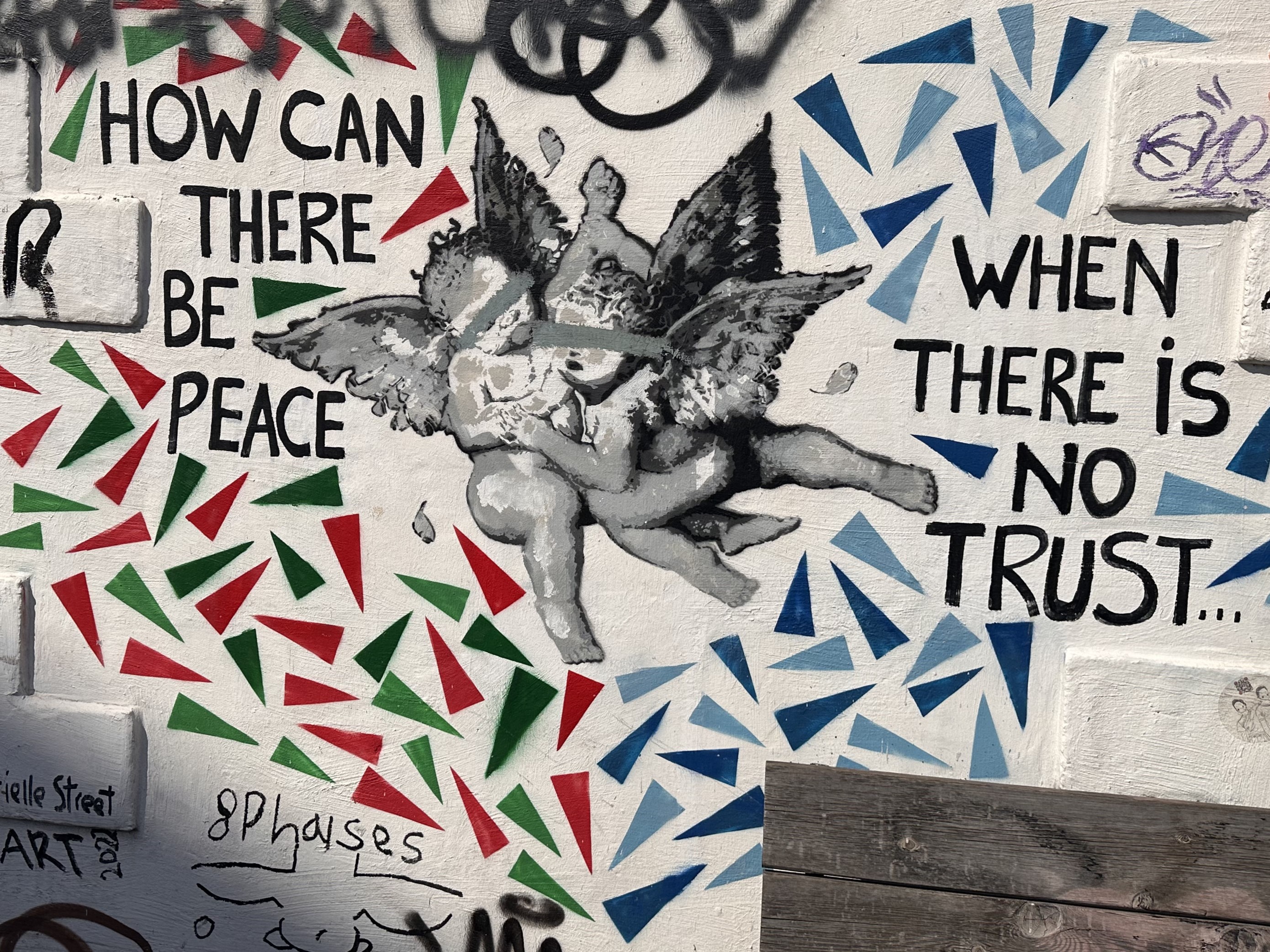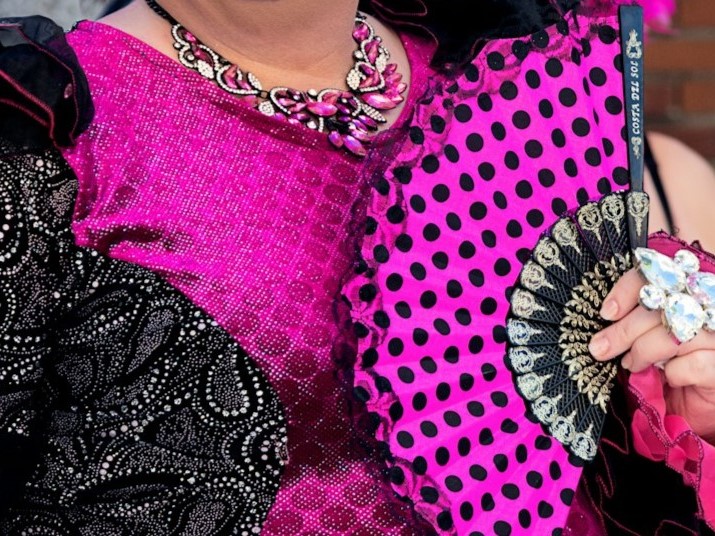Navigating Trauma in Times of Crisis: For Professionals
Posted on 10/27/2023 @ 06:00 AM

Photo by Transly Translation Agency on Unsplash
Recently, CAJE in partnership with Miami’s BeWell initiative invited a diverse group of professionals -- educators, rabbis, teachers, mental health professionals, youth professionals, college professionals among others -- to participate in a program led by Dr. Norman Blumenthal, the Director of Trauma at Ohel’s Zachter Center for Family Trauma and Crisis Intervention.
The workshop centered around the challenges of handling trauma resulting from the conflict in Israel as well as the local and global surge in antisemitism.
One of the central themes of Dr. Blumenthal’s talk was the vital importance of self-care for professionals working with youth.
He emphasized that when facing overwhelming emotions and the responsibility of helping others navigate trauma, it becomes paramount for these professionals to make their own well-being a top priority.
In essence, it is akin to the familiar airplane safety instruction: “put on your own oxygen mask first before helping someone else.”
In practice, this means dedicating time to process emotions, carving time out to cry, seeking support from colleagues, and embracing self-care routines like prayer and gratitude journaling, which play a pivotal role in building resilience and enabling professionals to provide more effective support to the communities they serve.
A notable subtopic was whether it’s appropriate to celebrate amidst moments of mourning.
Dr. Blumenthal consistently emphasized the principle of balance, drawing a parallel to everyday life with another of his personal experiences: paying a shiva call to a family that had lost a child and had another child getting married that same week.
In counseling this family, he encouraged them to embrace the opportunity to celebrate while simultaneously honoring and respecting their ongoing grief.
Humans are capable of experiencing both extreme sadness and extreme joy, even close together, as long as the focus is on trying to be fully present for both. It is a powerful testament to the resiliency of the human spirit.
Dr. Blumenthal also shed light on the distinction between primary and secondary trauma, emphasizing that the recent events have blurred these lines for many.
Initially, he regarded the impact in the United States as secondary trauma, given the fact that the crisis in Israel is not taking place on US soil.
However, as the specifics of the attack began to unfold and antisemitism and anti-Israel sentiments began to grow, Dr. Blumenthal’s perspective evolved to see this experience as more of a primary trauma and advised the professionals to treat it as such.
The unique aspect of this situation lies in the deep connection and shared identity of Jewish people in the United States with their Israeli counterparts.
Our collective experience of grief, mourning, togetherness, and the profound personal impact of feeling one’s own safety and security crumble happened to both Jews in the United States and their counterparts in Israel.
This shift in perspective underscores the direct impact these events have had on Jewish professionals and the people they serve. Dr. Blumenthal’s insightful talk serves as a poignant reminder of the need for self-care and mutual support in times of crisis, ensuring that professionals are equipped to provide the best assistance to the communities they serve.
The success of this event owes much to the guidance of Audrey Maman Bensoussan, the Associate Director of CAJE’s School Markets. Her dedication to coordinating efforts across various CAJE departments (Teen, Early Childhood, and Congregational Education) and Miami’s BeWell initiative, was instrumental in bringing together a diverse group of professionals and fostering a crucial conversation on a topic of great significance and immediate relevance.




